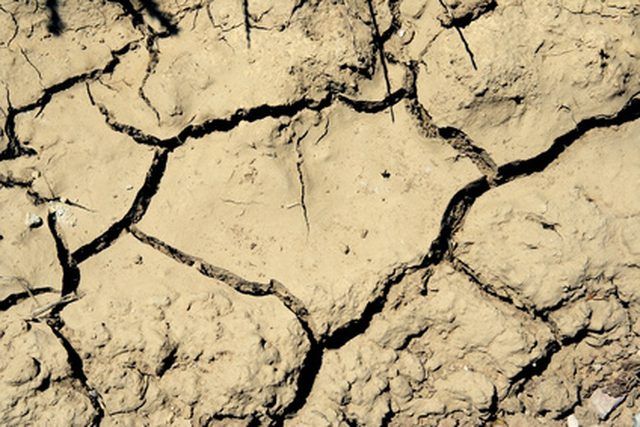Bulbs
Flower Basics
Flower Beds & Specialty Gardens
Flower Garden
Garden Furniture
Garden Gnomes
Garden Seeds
Garden Sheds
Garden Statues
Garden Tools & Supplies
Gardening Basics
Green & Organic
Groundcovers & Vines
Growing Annuals
Growing Basil
Growing Beans
Growing Berries
Growing Blueberries
Growing Cactus
Growing Corn
Growing Cotton
Growing Edibles
Growing Flowers
Growing Garlic
Growing Grapes
Growing Grass
Growing Herbs
Growing Jasmine
Growing Mint
Growing Mushrooms
Orchids
Growing Peanuts
Growing Perennials
Growing Plants
Growing Rosemary
Growing Roses
Growing Strawberries
Growing Sunflowers
Growing Thyme
Growing Tomatoes
Growing Tulips
Growing Vegetables
Herb Basics
Herb Garden
Indoor Growing
Landscaping Basics
Landscaping Patios
Landscaping Plants
Landscaping Shrubs
Landscaping Trees
Landscaping Walks & Pathways
Lawn Basics
Lawn Maintenance
Lawn Mowers
Lawn Ornaments
Lawn Planting
Lawn Tools
Outdoor Growing
Overall Landscape Planning
Pests, Weeds & Problems
Plant Basics
Rock Garden
Rose Garden
Shrubs
Soil
Specialty Gardens
Trees
Vegetable Garden
Yard Maintenance
What Is a Proctor Soil Test?
What Is a Proctor Soil Test?. Proctor soil tests are performed in laboratories to discover the maximum dry unit weight as well as the optimum moisture content, or the overall density, of soil. There are two types of proctor tests---standard and modified. During the test, the soil is compacted into a standard mold using various methods that depend...

Proctor soil tests are performed in laboratories to discover the maximum dry unit weight as well as the optimum moisture content, or the overall density, of soil. There are two types of proctor tests---standard and modified. During the test, the soil is compacted into a standard mold using various methods that depend on the type of soil.
Different Types of Proctor Tests
The standard proctor test uses 1/30 cubic foot of soil in a 4-inch diameter mold that compacts three separate lifts of soil with 25 blows by a 5.5-lb. hammer with a fall of 12 inches. The modified test uses the same mold with a 10-lb. hammer delivering 25 blows with a fall of 18 inches.
Purpose of Proctor Tests
The tests determine the maximum achievable density for different soils and are used mostly in geotechnical engineering.
Soil Compaction
Compaction is how soil density increases when air is driven out of the soil.
Types of Tools Used
Various types of rollers, depending on the type of soil--for example, gravel, sand or clay--compact the soil after the proctor test is performed. Rubber-tired and vibratory rollers are two types of tools used.
Purpose of Knowing Soil Density
Soil density is key to various engineering projects, such as building roads and parking lots.